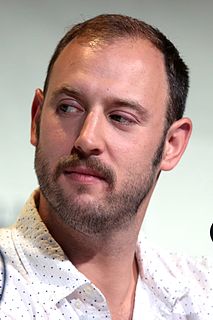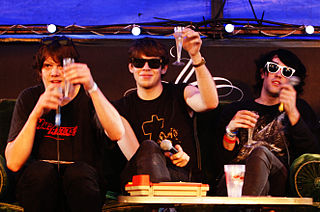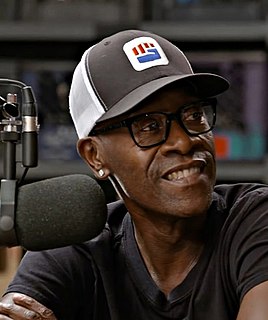A Quote by Jim Harrison
I think the trouble with artists or chefs who whine about criticism is that if you love the good reviews, you have to at least read the bad ones.
Related Quotes
I don't read reviews. Just because that is something that's directly connected to my job. I'm doing this because I love it, not because I'm necessarily looking for approval or anything like that. To me, it seems that reading reviews - whether they're good ones or bad ones - can only sort of force the person to divorce themselves from the reality of what it is they do for a living. So I don't read reviews.






































